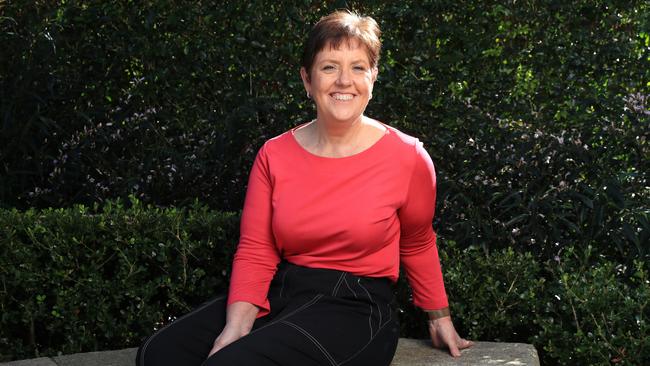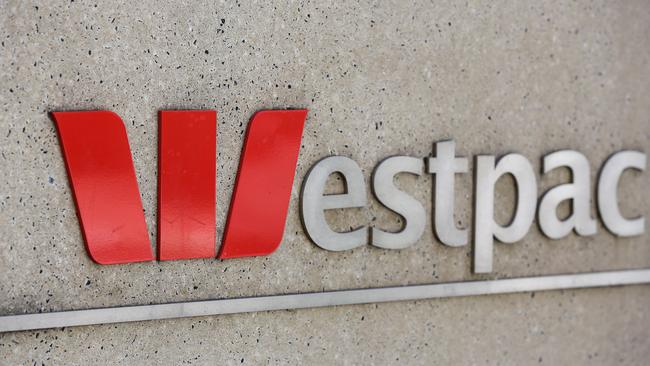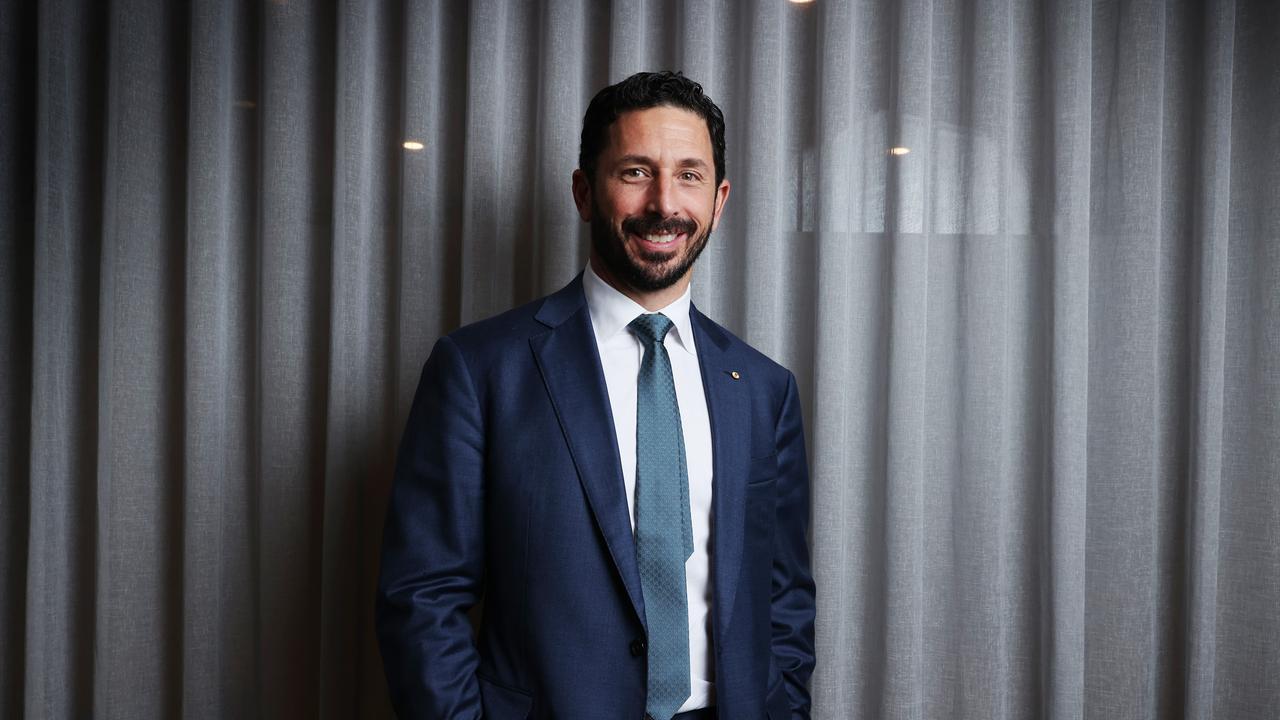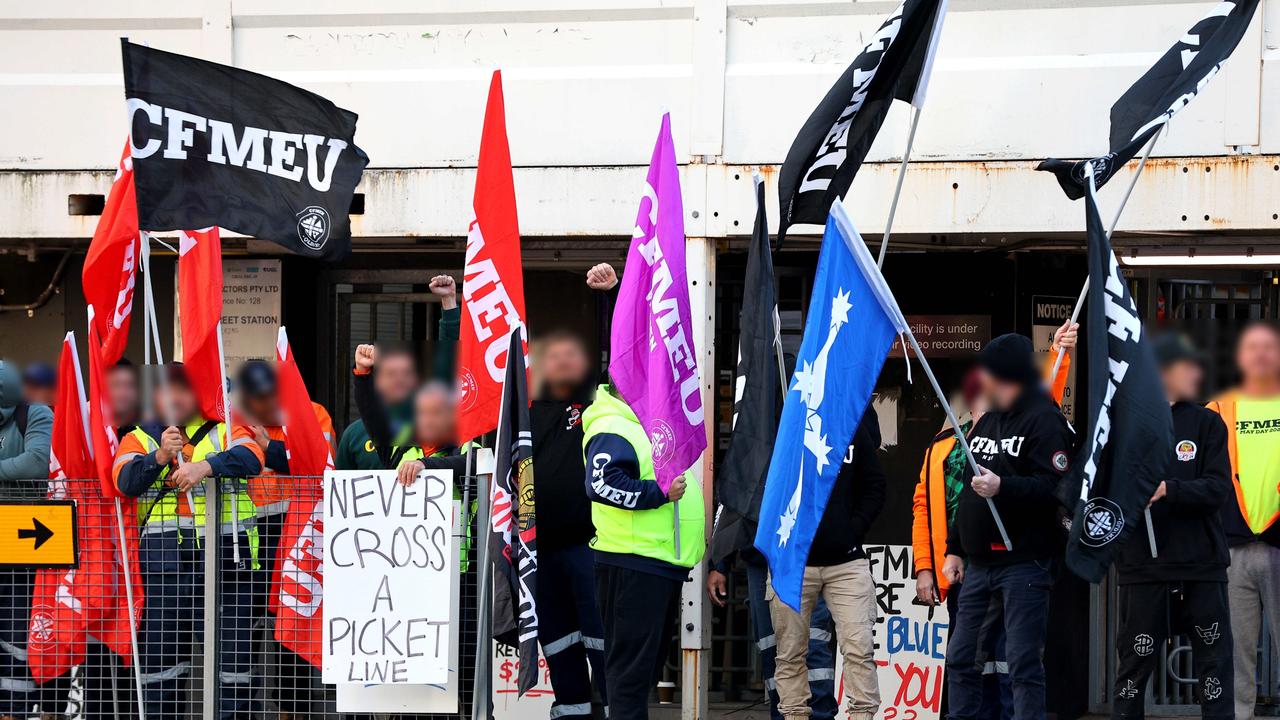AMP joins race for Westpac investment platform
AMP is eyeing a major expansion of its investment platform unit by lodging an offer in the $1bn-plus auction for Westpac’s business.

AMP is eyeing a major expansion of its investment platform unit by lodging an offer in the $1bn-plus auction for Westpac’s business as it finalises the sale of its private markets divisions.
AMP, working with investment bank UBS, lodged a first-round offer for Westpac’s platform unit last week, sources close to discussions said.
Westpac is conducting a sale process as part of a broader divestment frenzy to refocus on core banking businesses in light of a string of compliance blunders and the Hayne royal commission’s damning findings about the wealth sector. Funds under administration on Westpac’s investment platforms amount to $139.3bn, with the bulk reflecting the Panorama platform.
The Australian last week revealed Westpac had received indicative bids for its investment platforms business.
Sources said the bank was yet to reveal which bidders had made the shortlist for the next round of the process. The auction has a way to run, including due diligence over coming months. Investors will be interested to hear how AMP may fund the platforms tilt, and whether it may raise equity, debt or consider using proceeds from the sale of its private markets divisions. Morgan Stanley is advising Westpac.
AMP and Westpac declined to comment on Sunday.
AMP’s platforms interest comes as it puts the finishing touches on the divestment of its local real estate and infrastructure businesses to property group Dexus, in a transaction worth from $200m to $300m.
That would give Dexus control of key local property and infrastructure funds, as well as a separate accounts business.
Dexus will also take co-investment stakes worth hundreds of millions of dollars in AMP trusts, although the final terms are likely to hinge on the property company’s ability to keep key funds over the longer term.
Apollo Global Management and DigitalBridge are vying for AMP’s international infrastructure business, with the former viewed as the frontrunner. The sales of both the local and global private markets operations would see a planned ASX spin-off dumped.
A decision to bid for Westpac’s platform unit may unnerve some AMP investors who want capital from any asset sales returned to shareholders.

A transaction to sell Collimate Capital, which houses AMP’s $44bn real estate and infrastructure investments, would see the 173-year-old company left with much smaller business including a bank, a financial advice arm and its wealth unit, which also includes investment platforms.
A purchase of Westpac’s platforms unit would markedly beef up AMP’s wealth unit.
Assets under management on AMP’s flagship North platform rose by $9.8bn to $61.4bn in 2021, while its master trust had assets under management of $62.9bn.
A platform holds investments such as managed funds and shares in one place and is used by financial advisers and individuals for centralised reporting. Back-office services and tax reporting are also often provided.
Last year, when asked about Westpac’s potential platforms sale and AMP’s interest, chief executive Alexis George said: “We’d obviously have to make sure it was right for our shareholders if we want to go down that track … it is important, though, we just don’t step completely away from any discussions that are happening in the industry, because they’re important discussions and we should be, as a big player, part of those.”
AMP faces stiff competition for Westpac’s platforms from Colonial First State, which is owned by KKR and Commonwealth Bank. Macquarie Group and Netwealth were also expected to have lobbed first-round bids, along with several private equity suitors who took sale documents. IOOF is thought to have sidestepped the platforms process.
The mooted AMP transaction with Dexus is facing a challenge from Mirvac for a prized near-$8bn office fund that owns stakes in Sydney’s Quay Quarter Tower.
But a prospective switch to Dexus, and an imminent vote on changing the fund constitution to just a 50 per cent hurdle for a manager change, has again pushed it into play, as Mirvac has garnered some support on the register. Mirvac was last year shortlisted against the incumbent to run the vehicle, after a drawn-out process that eventually settled on retaining AMP.
Dexus made the long list to run the office fund last year but did not advance to the final round and big institutions are determined they will decide who runs the vehicle.
Mirvac has requested due diligence to advance its latest proposal to run the fund, partly as an alternative to ongoing instability but also instead of the rights being sold to Dexus. Dexus would seek to retain the fund but is also after the shopping centre vehicle, the mandates business and a push into real assets via the local infrastructure business, which runs about $7bn in equity funds. The suitor has commitments that key Collimate Capital infrastructure managers will join its operation as it seeks to ward off challengers.
On the property side, Dexus has held talks with big wholesale investors and has backing from some seeking stability after years of corporate turmoil at AMP, exacerbated by the apparent dumping of its demerger plan.
Dexus is well-positioned to satisfy redemption requests from dissatisfied investors by bringing in new superannuation funds and international pension funds if required. It already has local backers who are believed to be supportive.
The property operation has been destabilised as AMP private markets was affected by scandal and as the parent opposed earlier plans for a spin off when it was in a stronger position. The 2020 promotion of Boe Pahari to the group’s executive prompted investor outrage given he had been the subject of a sexual harassment complaint which saw him penalised financially by the board.
The controversy led to former AMP chairman David Murray stepping down and Mr Pahari eventually left AMP.
The company has also been plagued by New York-listed Ares Management walking away from a $6bn bid for AMP in its entirety. Ares then returned to acquire the infrastructure debt business in a $428m deal.






